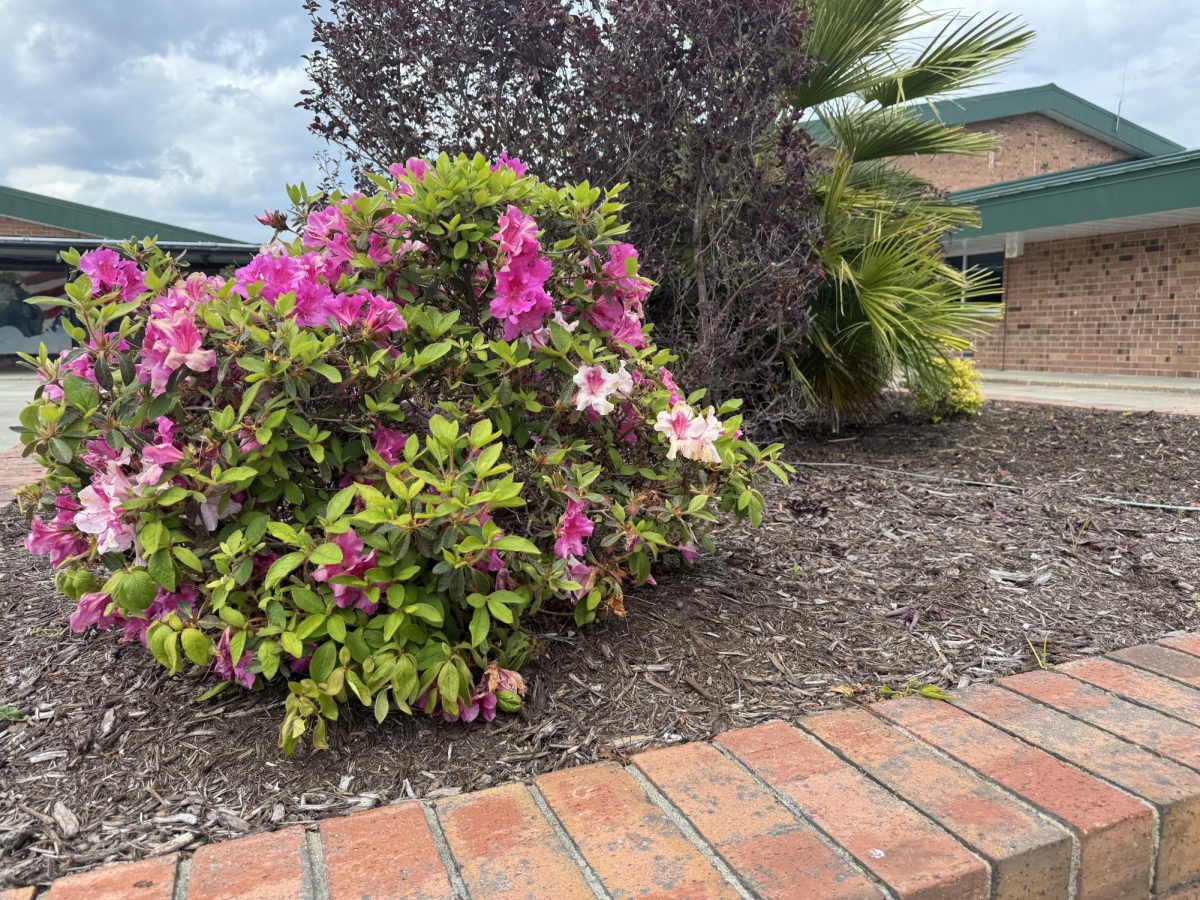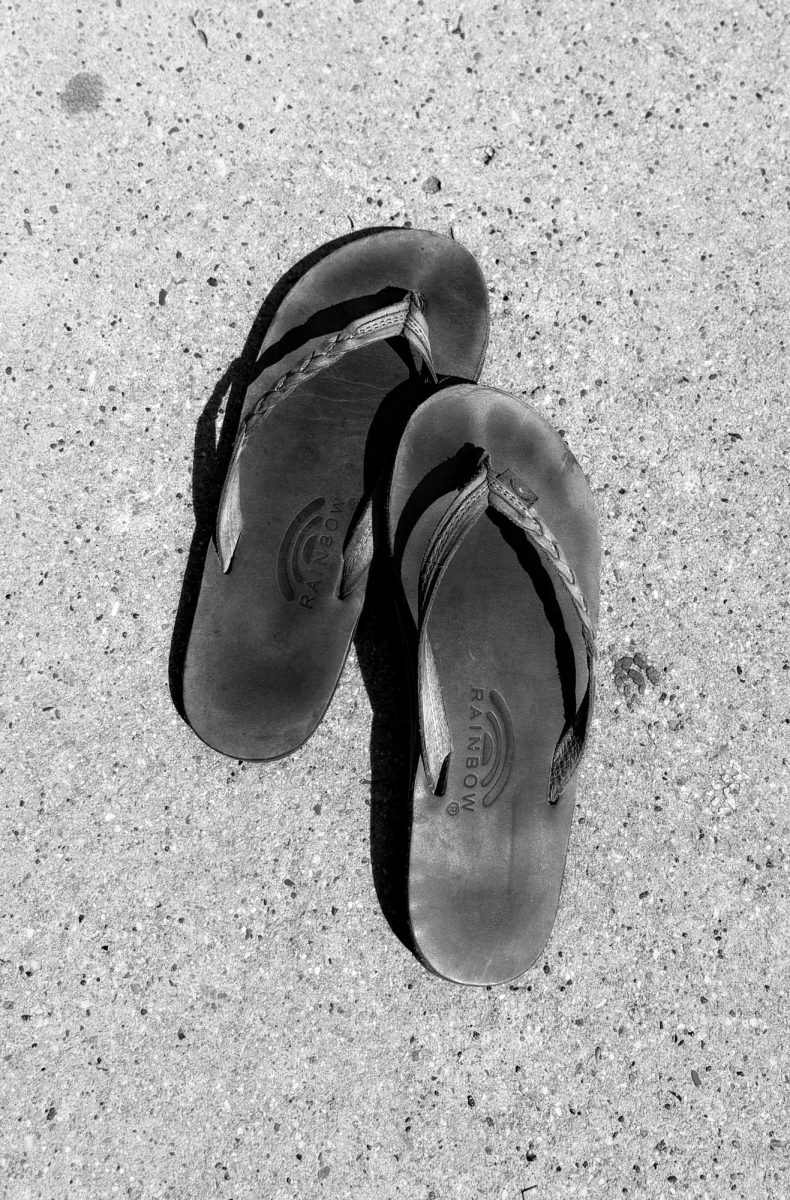Now that the winter is slowly dying out and the flowers are blooming, there is one thing that we’re all too familiar with: allergies. According to the CDC, a quarter of all children in the United States have pollen allergies, but around here, it seems like everyone gets a little sick.
“We have a really high pollen count in our area,” said teacher Jenny Rohr, “So if you weren’t super used [to pollen] in one place, moving here might be overwhelming to you. I’m from Greenville, South Carolina, and when I moved here I could not get what was going on with the pollen.”
Not only is the pollen now high, it’s record-breaking. According to the North Carolina Medical Society, the pollen count has surged the highest it’s ever been since 1999, when they first began collecting data on pollen counts. However, extreme pollen counts may not be the only cause of heavy allergies. Another contributing factor could be the area we live in. Our humid and warm climate mixed with the drastic changes in temperature is a breeding ground for pollen to spread everywhere, and the more widespread pollen is, the easier it is for someone to get allergies from them.
“[Brunswick County grows] some of the best bacterium and pollen there is in the world because of our environment,” says Gerald-Evans “That as well as the fact that we have all these different varieties of trees, which pretty much means more pollen.”
This claim is backed up by the NIH, which stated that the four major causes of increased allergies in a area are diverse vegetation, prolonged pollen exposure, high levels of mold and insects, and finally higher humidity. These are all prevalent in tropic climates like Brunswick County’s, as well as coastal areas across the south.
The change in seasons here may also contribute to them. In the past few years, it has gone from the cold depths of winter straight into summer heat with a very small grace period between them. Because of this, it may send both bees and the plants into a mode where they produce pollen at an almost constant rate.
“It’s like we don’t have a spring at all,” said Rohr, “so we might be getting sick because our bodies are reacting to how much pollen is getting pushed out because of that.”






























